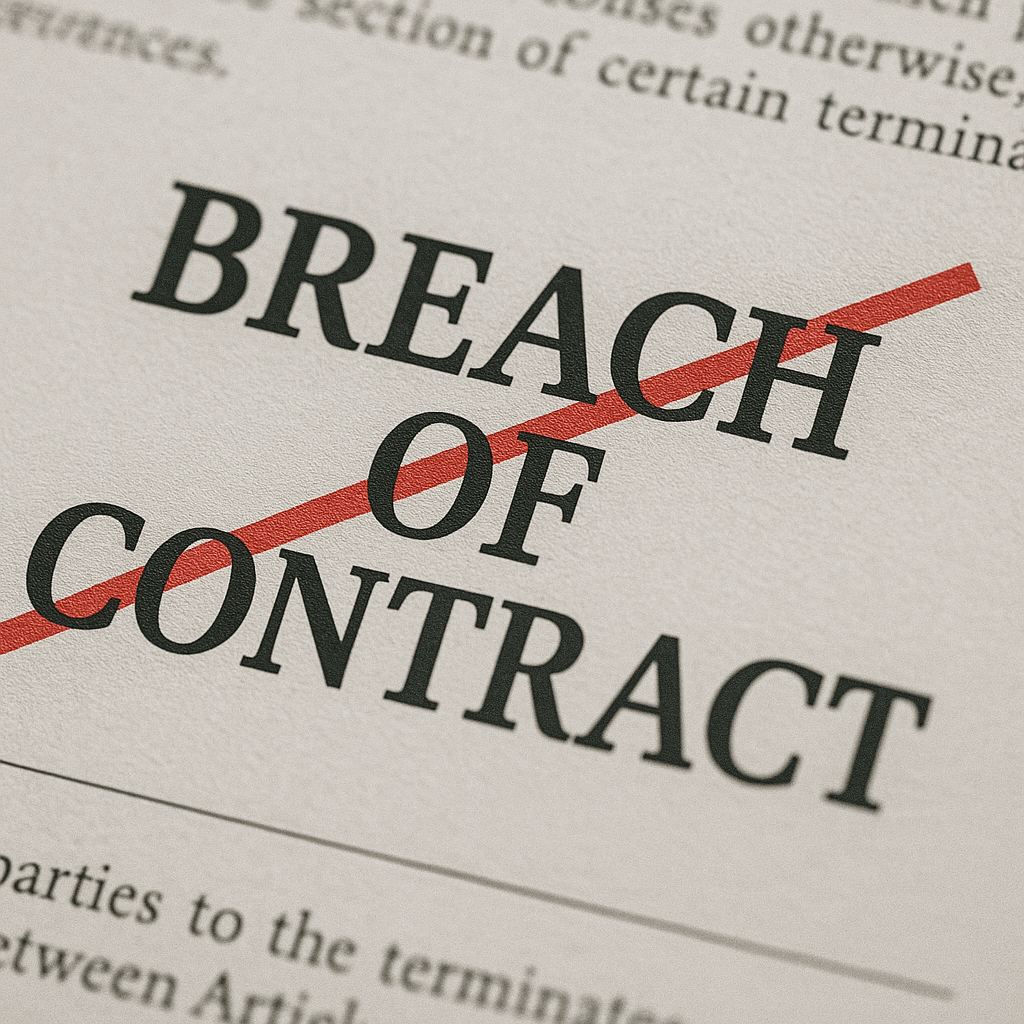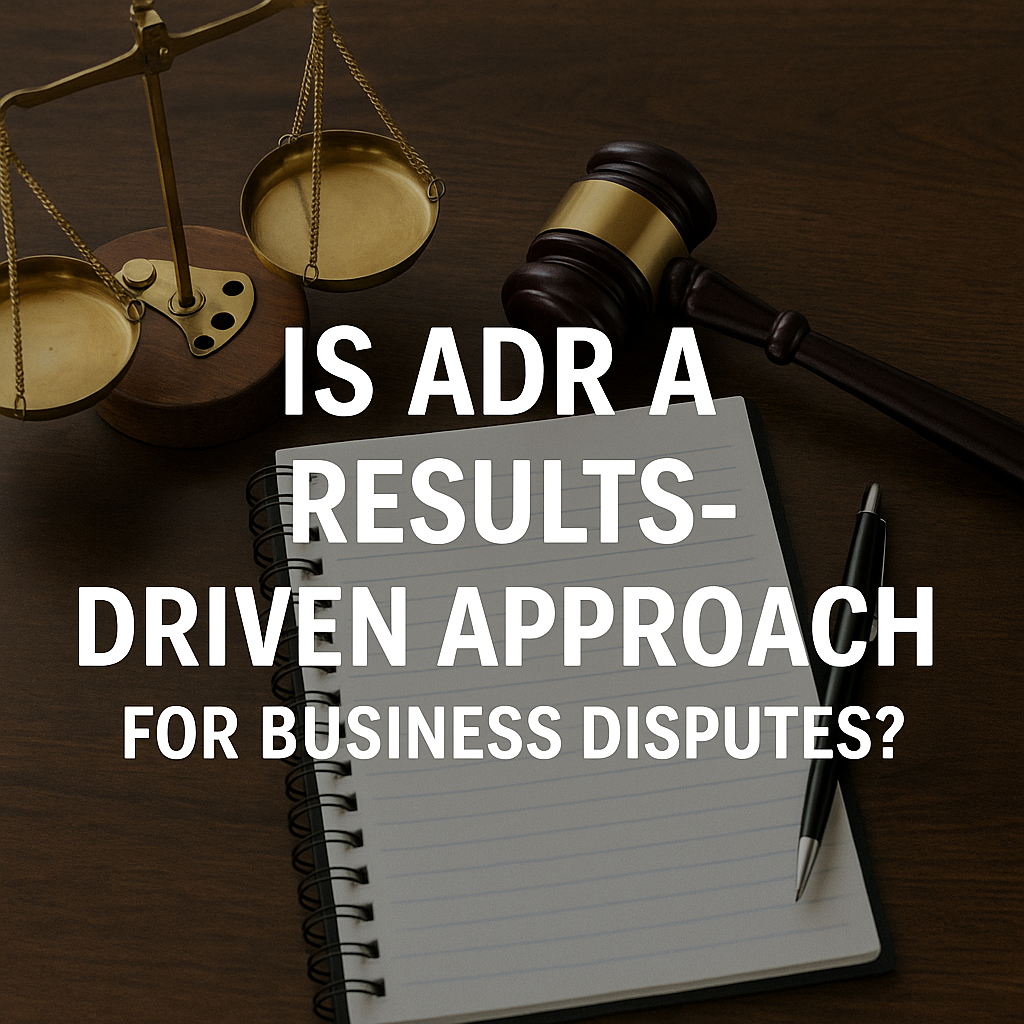Administrative Law
The West Firm combines its regulatory knowledge with practical business problem-solving experience to provide cost-effective and efficient representation to its administrave law clients. We represent municipalities, businesses and individuals in matters involving statutes, ordinances, permits, licenses and agency enforcement. We draft and review local laws and resolutions to help municipalities govern effectively and comply with state and federal mandates. For private clients, we navigate complex permitting regimes, guide license applications and provide counsel on agency regulations. When agencies initiate investigations or enforcement actions, we defend our clients’ interests and pursue amicable resolutions.
Administrative agencies act in quasi-legislative and quasi-judicial capacities—promulgating rules, conducting hearings and adjudicating disputes. Their decisions are not immune from challenge; courts may review regulations or rulings and determine the degree of deference to grant the agency. We have extensive experience challenging adverse determinations within agencies and through Article 78 proceedings in New York courts. Whether you need guidance on permitting, liquor or cannabis licensing regulatory compliance or defending employment-related claims,The firm provides comprehensive administrative law representation.
Key Specialities in Administrative Law:
Drafting & reviewing municipal laws, ordinances and resolutions
Permitting & licensing for environmental, energy, cannabis and alcohol-related business activities
Regulatory compliance counseling for businesses and individuals
Defense in agency investigations & enforcement actions
Administrative appeals & Article 78 litigation
Defending employment-related administrative claims (EEOC, DHR)
Navigating Complex Regulatory Frameworks
Administrative agencies oversee nearly every aspect of modern life, from environmental protection to licensing business activities and workplace rights. Our firm understands the mission and jurisdiction of these regulators.
For example, the New York State Department of Environmental Conservation (DEC) guides and regulates the conservation and protection of the state’s natural resources, manages forest preserve lands, regulates hunting and fishing, and enforces environmental laws. We help clients secure air, water, waste and wetlands permits and respond to DEC enforcement actions.
The New York State Public Service Commission (PSC) regulates the state’s electric, gas, steam, telecommunications and water utilities, sets rates and oversees the siting of transmission facilities. Our attorneys assist energy developers, utilities and telecommunications companies with PSC approvals and compliance.
The New York State Liquor Authority (NYSLA) regulates the manufacture, distribution, and sale of alcoholic beverages under the Alcoholic Beverage Control Law. Its oversight includes reviewing and issuing liquor licenses, monitoring compliance, and enforcing disciplinary actions for violations.
We assist businesses in navigating every stage of the process—from preparing and submitting liquor license applications and renewals, to defending against investigations or charges of noncompliance. We provide strategic guidance to help clients maintain good standing with the NYSLA, minimize operational disruptions, and achieve their business objectives while adhering to all regulatory requirement
When employment issues arise, we counsel employers on anti-discrimination laws enforced by the U.S. Equal Employment Opportunity Commission (EEOC). The EEOC administers and enforces federal laws prohibiting discrimination based on race, color, religion, sex and national origin and coordinates equal employment opportunity regulations. We also represent employers before theNew York State Division of Human Rights (DHR), which is dedicated to eliminating discrimination, remedying injustice and promoting equal opportunity. The DHR investigates, prosecutes and adjudicates thousands of cases annually and educates millions of New Yorkers about their rights.
Our administrative law practice extends to other agencies, including the Department of Labor (unemployment insurance), Department of Taxation and Finance, and the Office of Cannabis Management. By combining substantive knowledge with advocacy skills, we help clients achieve compliance, defend their interests and challenge unjust decisions.
Attorneys Specializing in Administrative Law

Thomas S. West
Founding Partner
Cindy M. Monaco
Of Counsel
Chanda H. Steinberg
Counselor
Mark J. Wagner Jr.
Counsel
Louis D. Bianchi
Associate
Thomas S. West
Thomas S. West provides counsel on administrative law, regulatory matters, and permitting in these sectors.
Frequently Asked Questions
-
Administrative law shapes how municipalities enact and enforce local regulations. Town boards and city councils must ensure that ordinances and resolutions comply with state statutes and federal constitutional standards. The West Firm assists municipalities in drafting land use ordinances.
We advise on procedural requirements such as public hearings and environmental reviews under the State Environmental Quality Review Act (SEQR). When agencies like the DEC review local actions, we represent municipalities to secure necessary approvals. Our attorneys also help officials respond to citizen petitions and challenges, ensuring that legislative actions are defensible and consistent with broader policy goals.
-
The permits and licenses required for a project vary by industry and jurisdiction. Environmental permits may include air emissions, water discharge, wetlands and hazardous waste approvals from agencies like the DEC. Energy developers often need certificates of public convenience and necessity from the PSC and FERC for electric transmission lines, natural gas pipelines and hydropower projects.
Hospitality businesses require liquor licenses issued by the New York State Liquor Authority, while emerging cannabis enterprises must obtain cultivation, processing or retail licenses from the Office of Cannabis Management. Professionals such as contractors, engineers and real estate brokers must maintain state licenses and comply with continuing education requirements. Our attorneys identify applicable licensing regimes, prepare application materials, negotiate conditions, and coordinate public hearings. By anticipating regulatory hurdles early, we help clients maintain project timelines and avoid costly delays.
-
Regulators can initiate investigations for alleged violations of statutes, regulations, permit conditions or consent orders. Our defense strategy begins with a comprehensive review of the governing statutes and regulations and the corresponding agency’s enforcement authority. We assess the factual record, preserve evidence and advise clients on responding to subpoenas or information requests.
When appropriate, we negotiate with agency staff to resolve matters through consent orders or compliance agreements, minimizing penalties and preserving business operations. In environmental cases, we may negotiate remediation plans with the DEC to address contamination while protecting property rights. In employment matters, we respond to charges filed with the EEOC or DHR and present evidence demonstrating legitimate, non-discriminatory reasons for employment decisions. If settlement is not possible, we represent clients in administrative hearings and, if necessary, in state or federal court. Our goal is to mitigate risk while safeguarding our clients’ reputations and resources.
-
Agency determinations are not always final. Most agencies provide an internal appeal process in which an administrative law judge reviews the staff’s decision. Beyond that, parties may seek judicial review. In New York, Article 78 of the Civil Practice Law and Rules allows individuals and businesses to challenge agency decisions for errors of law, abuse of discretion or unconstitutional actions.
Courts reviewing agency decisions must decide how much deference to afford the agency, balancing respect for agency expertise with the need for meaningful judicial oversight. We file petitions, compile administrative records and argue for annulment or modification of decisions. We also handle federal Administrative Procedure Act (APA) challenges when national agencies such as FERC issue orders affecting our clients. Early legal counsel ensures that deadlines are met and arguments preserved for appeal.
-
Alcohol and cannabis businesses are regulated by distinct state agencies with their own licensing and enforcement powers. The New York State Liquor Authority (NYSLA) oversees the manufacture, distribution and sale of alcoholic beverages under the Alcoholic Beverage Control Law. It reviews applications for on-premises, off-premises and manufacturing licenses, monitors ongoing compliance and issues disciplinary actions for violations.
The Office of Cannabis Management (OCM) regulates the cultivation, processing, distribution and sale of cannabis under New York’s Marijuana Regulation and Taxation Act (MRTA). The OCM issues licenses for cultivators, processors, distributors, retailers and delivery services, and enforces product testing, packaging and labeling requirements.
Our attorneys assist clients in preparing complete and accurate license applications, representing them in hearings, responding to investigations, and negotiating resolutions that protect their ability to operate. We coordinate with both agencies when a project involves overlapping liquor and cannabis considerations, ensuring compliance while advancing business goals.
-
The application process varies by license type and agency, but both the NYSLA and OCM require detailed disclosures about ownership, finances, operations and premises. For liquor licenses, applicants must submit diagrams, lease or deed documents, and proof of community notification. Cannabis license applications often require operational plans, security protocols, community impact statements and social equity eligibility documentation.
Once submitted, the agency reviews the application for completeness and compliance, may request additional information, and can schedule interviews or hearings. For liquor licenses, the NYSLA may consider community board recommendations and prior compliance history. For cannabis licenses, the OCM weighs factors such as location, social equity status, and the applicant’s ability to meet regulatory standards.
The West Firm guides clients through each stage — from initial eligibility review and document preparation to agency communications and, if needed, defending against application denials. By anticipating common pitfalls and addressing issues proactively, we help clients secure licenses efficiently and maintain them in good standing.







.png?content-type=image%2Fpng)